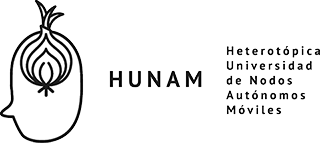No. 12504 - Traducción del inglés
Actividades de intercambio (Tequio):
Traducción del inglés
Horas de servicio:
44
Comentarios:
A wiki is a website designed for collaborative editing, letting many people create, update, and organize content directly in a web browser.
Wikis prioritize ease of use and openness: pages can be added or changed without technical expertise, and most track every edit so changes can be reviewed or undone.
Main features
- **Collaborative editing:** Several contributors can edit pages, sometimes at the same time.
- **Edit history:** All edits are stored with timestamps and the author’s name or IP.
- **Interlinking:** It’s easy to create links between pages, forming an interconnected knowledge base.
- **Lightweight markup:** Formatting is usually handled by lightweight markup languages (e.g., WikiText or Markdown).
- **Permission settings:** Some wikis are open to anyone; others limit edits to registered users or specific groups.
- **Discussion pages:** Dedicated discussion pages enable contributors to coordinate and discuss content.
Typical uses
- Community knowledge bases such as Wikipedia
- Project docs and corporate knowledge repositories
- Collaborative writing and shared note-taking
- Educational and classroom projects
Benefits
- **Fast collaboration:** Many people can collaborate and iterate quickly on content.
- **Openness:** Transparency through revision histories and discussions.
- **Expandable:** Wikis expand easily as contributors add and organize content.
Drawbacks
- **Vandalism and false information:** Open editing may allow intentional or accidental inaccuracies.
- **Inconsistent quality:** Content quality may vary widely between pages.
- **Organizational issues:** Poor coordination or governance can cause content fragmentation and disputes.
Example
- **Wikipedia** — the best-known wiki, run by the Wikimedia Foundation and built by volunteer contributors worldwide.


